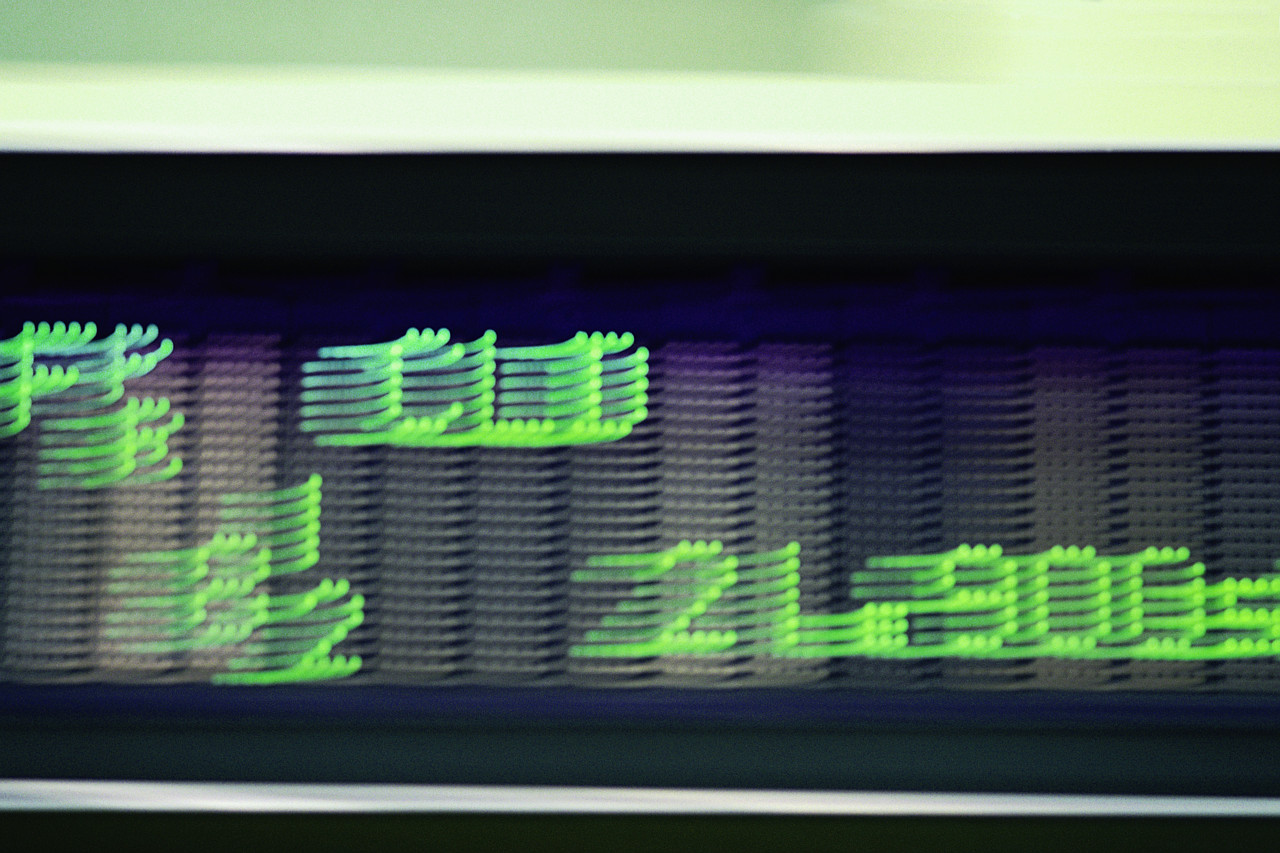 On February 22, 2007, United States District Judge Deborah A. Batts dismissed a case brought against the directors and officers of Cornerstone Internet Solutions ("defendants"), a now-bankrupt Internet-based services company. In that dispute, the movants successfully demonstrated that the plaintiffs had failed to state a claim for securities fraud, common law fraud, insider trading and punitive damages.
On February 22, 2007, United States District Judge Deborah A. Batts dismissed a case brought against the directors and officers of Cornerstone Internet Solutions ("defendants"), a now-bankrupt Internet-based services company. In that dispute, the movants successfully demonstrated that the plaintiffs had failed to state a claim for securities fraud, common law fraud, insider trading and punitive damages.
With respect to the securities fraud component, the court noted that a case brought pursuant to Section 10(b) of the Securities Exchange Act of 1934 (15 U.S.C. §78j(b)) and Rule 10b-5 (17 C.F.R. §240.10b-5(b)) must allege, among other elements, that a defendant "made a false material representation or omitted to disclose material information" in connection with securities.
Rule 9(b) of the Federal Rules of Civil Procedure further requires that a securities fraud claim be pled with sufficient specificity or "particularity."
Thus, a securities fraud complaint must adequately specify the statements deemed false or misleading, provide particulars as to the fraudulent nature of those statements, and set forth the time and place they occurred. In this particular lawsuit, the federal court found that plaintiffs failed to state a claim for the following reasons:
(i) the allegations in the pleadings set forth, at best, non-actionable corporate mismanagement ("[a]llegations of mismanagement do not state a claim for securities fraud");
(ii) the core allegation raised -- that defendants artificially inflated the company's common stock price -- was belied by public filings setting forth the company's weak financial condition; and
(iii) the alleged fraudulent statements issued by certain defendants comprised "opinions" only, and were accompanied by the appropriate cautionary language to investors.
Without a viable securities fraud claim, the court was constrained to dismiss the common law fraud claim, "[b]ecause [the] elements [for fraud] are substantially identical to those governing §10(b), the identical analysis applies."
The court also dismissed the insider trading claim, since a primary violation of the Securities and Exchange Act of 1934 (SEA) -- a necessary precondition or predicate -- had not been pled. SEA §20A provides that any person "who violates any provision of this title or the rules or regulations … by purchasing or selling a security while in possession of material, nonpublic information shall be liable in an action in any court …[.]" Under this particular law, a plaintiff must first plead an SEA violation that is independent of the §20A claim. Absent alleging a primary violation of §10(b), a §20A claim can not survive attack.
Finally, the court held that a punitive damages claim may not stand as a separate cause of action for pleading purposes under New York law, and, ultimately, denied plaintiffs the ability to replead their claims since their case was "fundamentally without merit."

Cohen Tauber Spievack & Wagner LLP (CTSW) represented the Cornerstone Defendants. Akin Gump Strauss Hauer & Feld LLP represented the Sandler Defendants. Olshan Grundman Frome Rosenzweig & Wolosky LLP represented the Wheatley Defendants. Goldberg Rimberg & Friedlander PLLC represented the plaintiffs.
Our thanks to Andrea Lawrence, Esq., a partner at CTSW, for bringing this case to our attention.
To download a copy of the 54-page decision, please use the following link: Harrison v. Rubenstein
